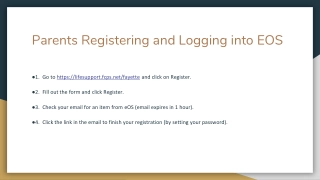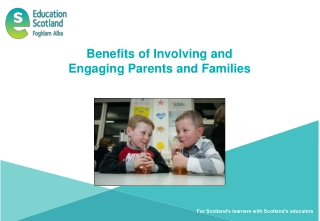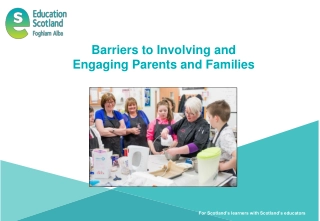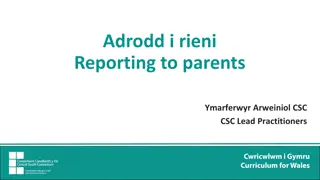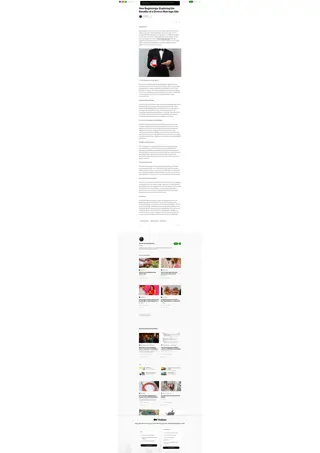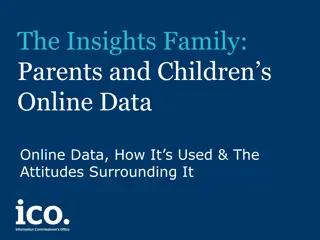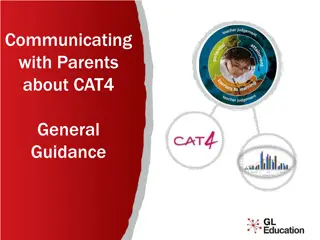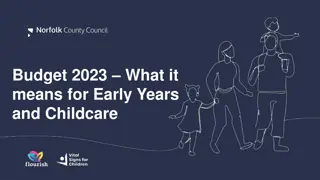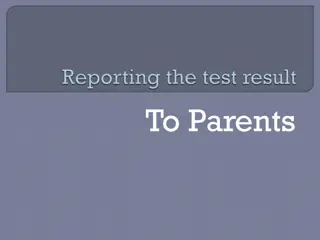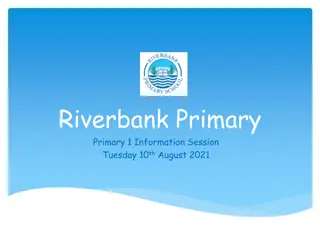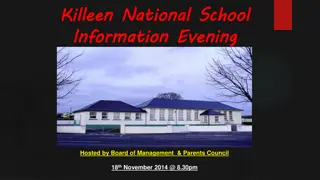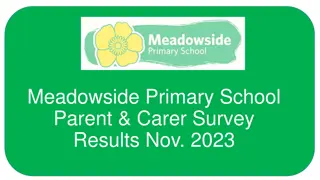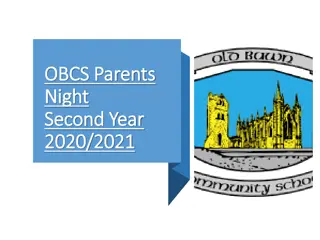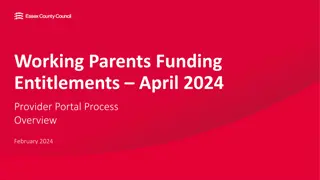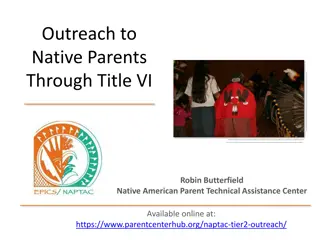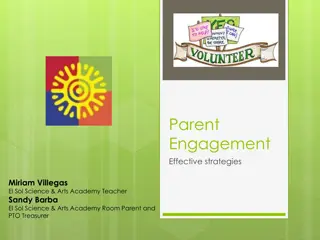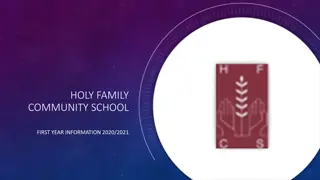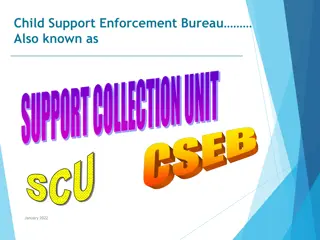
Understanding Primary Relationship Education: Key Facts and Policies
Learn about the statutory requirements and aims of Primary Relationship Education, how Queen Eleanor's school implements the program, and the importance of PSHE and RSE policies. Discover the key facts, requirements for pupils' well-being, and the topics covered in Primary Relationship Education by the end of primary school.
Download Presentation

Please find below an Image/Link to download the presentation.
The content on the website is provided AS IS for your information and personal use only. It may not be sold, licensed, or shared on other websites without obtaining consent from the author. If you encounter any issues during the download, it is possible that the publisher has removed the file from their server.
You are allowed to download the files provided on this website for personal or commercial use, subject to the condition that they are used lawfully. All files are the property of their respective owners.
The content on the website is provided AS IS for your information and personal use only. It may not be sold, licensed, or shared on other websites without obtaining consent from the author.
E N D
Presentation Transcript
PSHE Queen Eleanor s 2020
Aims - To understand the statutory requirements of Primary Relationship Education from September 2020 - To share how Queen Eleanor s will include the statutory Relationship Education programme appropriate to the needs of the pupils - To carry out the official consultation, as required, to acknowledge that parents/carers are an important part of the process to getting this right
Requirements Pupils need to know how to be safe and healthy as well as how to manage their academic, personal and social lives in a positive way. Decisions made by the DfE: - Relationships Education compulsory in all primary schools - Relationships and Sex Education compulsory in all secondary schools - Health Education compulsory in all state-funded schools in England The knowledge gained will support their own and others well- being and help them become successful and happy adults.
Policies Queen Eleanor s has an overreaching PSHE and RSE policy available on the school website. Included in the policies: An outline of what will be taught to pupils within PSHE and Relationships and Sex Education curriculum An explanation of how PSHE and Relationships and Sex Education will be taught across year groups The procedure for requesting withdrawal from the sex education element and reasons why Queen Eleanor s believes pupils should not be withdrawn from these lessons How the subject is monitored and evaluated
Key Facts PSHE- stands for physical, social and health education. RSE- stands for relationships and sex educations. Relationships Education must be accessible for all pupils. This is particularly important when planning teaching for pupils with special educational needs High quality teaching, differentiated and personalised will ensure accessibility Religious and cultural background will be taken into account when planning teaching
Primary Relationship Education By the end of primary school, children will have been taught about a number of topics in an age-appropriate way: Families and people who care for me - Caring friendships - Respectful relationships - Online relationships - Being safe -
At Queen Eleanors By the end of Key Stage 2, pupils will be able to: Recognise if relationships are making them feel unhappy or unsafe and how to seek help or advice from others; - Recognise who to trust and who not to trust; - Identify the characteristics of healthy and unhealthy friendships; - Use strategies to manage conflict. -
At Queen Eleanors By the end of Key Stage 2, pupils will know and understand: That families are important for children growing up; - The characteristics of healthy family life and commitment to each other; - That others families sometimes look different from their family and those differences should be respected; - That marriage represents a formal and legally recognised commitment of two people to each other; - The importance of respecting others even when they are very different from them; -
At Queen Eleanors The different types of bullying; - That people sometimes behave differently online including pretending to be someone they are not; - The rules and principles for keeping safe online; - Where to get advice and how to report concerns of abuse; - How to respond safely and appropriately to adults they may encounter; - That each person s body belongs to them and the difference between appropriate and inappropriate physical contact; - What a stereotype is and how they can be unfair, negative or destructive. -
At Queen Eleanors The statutory National Curriculum 2015 Science programme of study covers the following area of RSE teaching through the Animals, including humans section: Sc5/2.2a Describe the changes as humans develop to an old age (including puberty, menstruation and human life cycle). -
RSE What is effective Relationships &Sex Education (RSE)? Age appropriate Based on needs of pupil (Amended for each class for different children's needs) It is taught in line with the current era and times we live in Inclusive Delivered by trained staff in a safe environment Prepares children adequately for puberty in a timely way Prepares children for adult life Promotes positive relationships
What does the new statutory guidance cover? The Department for Education published statutory guidance for Health Education, Relationships Education and RSE in June 2019. This covers broad areas of particular relevance and concern to children and young people today. It should ensure that every child is guaranteed a PSHE education that covers mental health and wellbeing, physical health (including healthy lifestyles and first aid) and learning about safe, healthy relationships, including understanding consent and negotiating life online.
Right to Withdraw The only part of the new PSHE and RSE teaching that you can withdraw your child from is when they reach year 6, and start to learn about sex education. - You cannot withdraw your child from Relationships Education as it is a statutory requirement and important that all children receive this content covering topics such as friendships and how to stay safe - You cannot withdraw your child from the Science Curriculum which includes puberty - If you do not want your child to take part in some or all of the sex education lessons (sexual intercourse, conception and birth) you can ask that they are withdrawn -
Resources for home support PSHE Association NSPCC resources (PANTS rule) Think You Know lesson plans SEAL resources Living in Love and Faith resources (produced by the Bishops of the Church of England)
Church of England The Diocesan Board of Education (DBE) fully supports and endorses the new RSE statutory guidance for schools and it encourages school leaders, governors and clergy to embrace the teaching of RSE in line with new requirements The DBE recognises that matters relating to human identity, sexual orientation and marriage are sensitive and subject to much debate. The Church of England is exploring them through the work of Living in Love and Faith as mentioned on the previous slide PSHE governor has had training by the Guildford Diocese on RSE for church of England schools and they are supporting and monitoring how we, at QE, are implementing RSE at QE.
PSHE co-ordinator & governor We have attended relevant training sessions RSE and PSHE policies written and are continually being updated Age-appropriate resources have been gathered for each year group Trained other staff in the school on the new changes and how to support their children.

